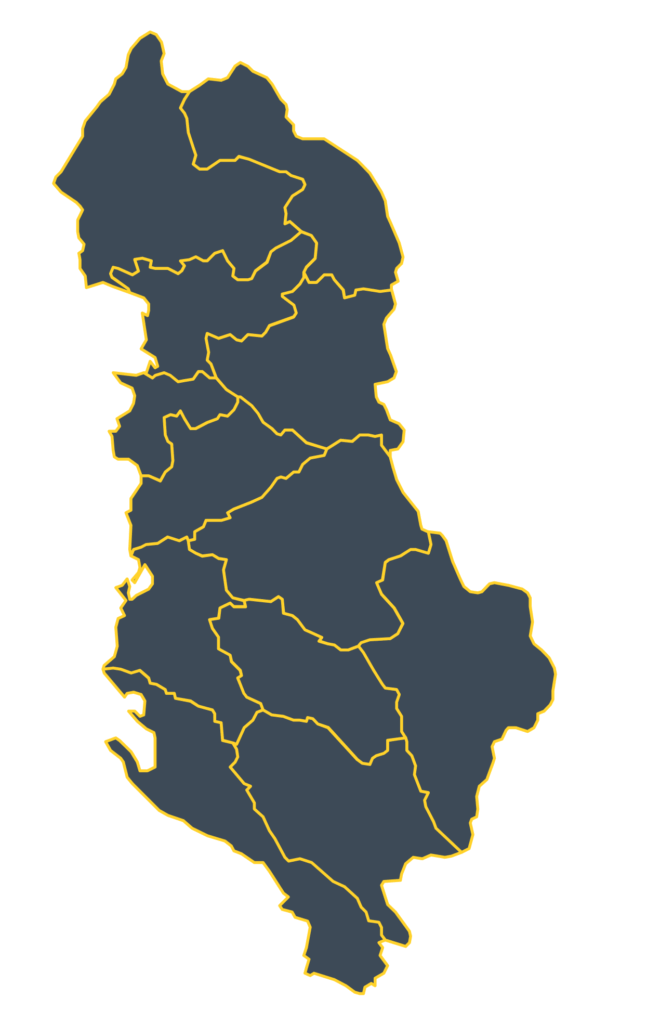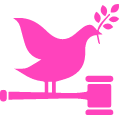ALBANIA
BACKGROUND AND CONTEXT
Albania has registered one of the highest per capita rate of foreign terrorist fighters (FTFs) in Europe that joined the Islamic State in Iraq and Syria (ISIS). GCERF has successfully supported the rehabilitation and reintegration (R&R) of 37 female and youth returnees from Northeast Syria, while strengthening the capacity of frontline workers (government and non-governmental) to provide specialised case management support.
In Albania, key drivers of violent extremism include online radicalisation, limited economic opportunities and social exclusion, security challenges from domestic and external sources. GCERF began investing in the country in 2021 and till date USD 4 million has been invested to address these drivers of violent extremism.
OUR INVESTMENT STRATEGY IN ALBANIA
GCERF’s investment strategy outlines a comprehensive approach to address the drivers of violent extremism and guides civil society organisations in designing their programmes.
GCERF funds programmes that:
Strengthen institutional capacity and collaboration among government, civil society and community members to implement PVE strategies and support rehabilitation and reintegration processes of returnees
Raise awareness on PVE among youth, educators and community members through counter-narratives, educational campaigns and the promotion of a culture of vigilance to strengthen their defence against radicalisation
Support the rehabilitation and reintegration of returnee children and their mothers by providing comprehensive case management and reducing community stigma to prevent marginalisation and recidivism
KEY FIGURES
(cumulative from 2021 to March 2025)
AREAS WHERE WE WORK
Tirana, Durres, Korce, Diber, Kukues, Shkoder, Elbason, Berat, Vlore

Newsletter

Sustainable Development Goals

Peace, Justice & Strong Institution
No Poverty

Quality Education

Gender Equality

Decent Work & Economic Growth

Reduced Inequalities

